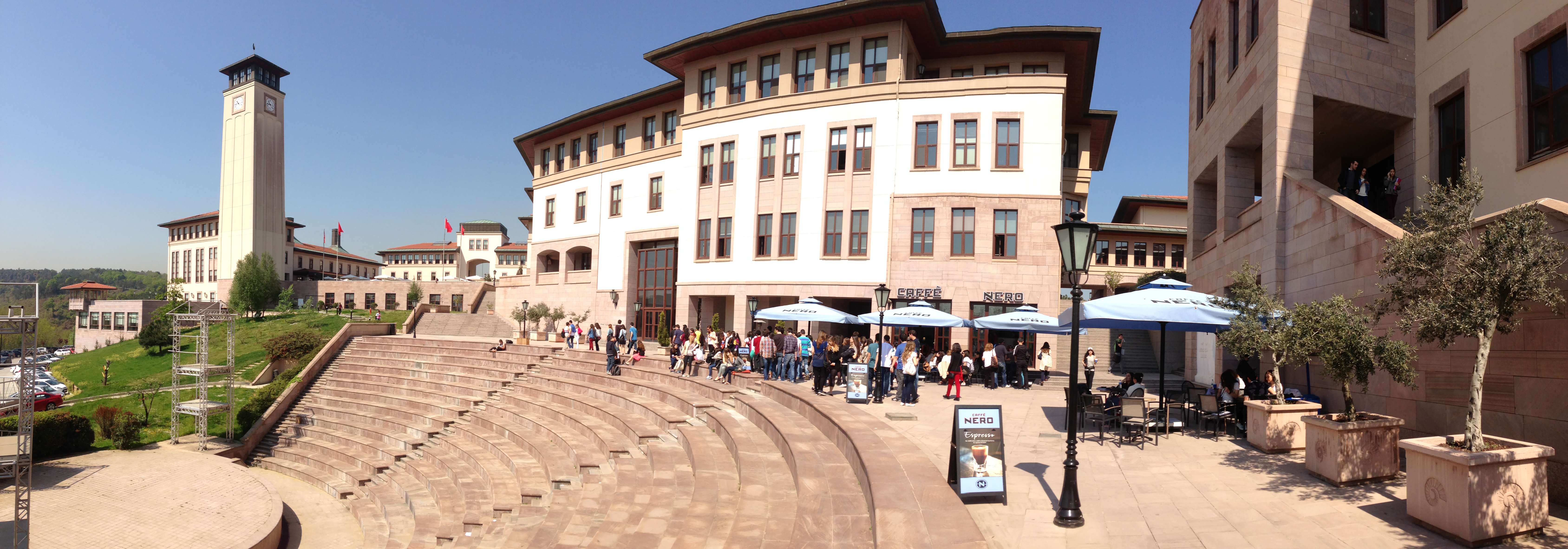ABOUT THE SYMPOSIUM
This symposium is jointly organized by Koç University School of Medicine and School of Nursing Academy of Educators and aims to foster innovation, knowledge exchange, and collaboration in the field
of healthcare education that covers both medical and nursing education and beyond.
The year 2024 will mark a groundbreaking event in which we aim to bring together leading experts, educators, researchers, and practitioners from our country and abroad to discuss key issues and
innovations in healthcare education. The symposium will focus on exploring the latest advancements and challenges in medical/nursing education, aiming to improve the quality of healthcare professionals
and enhance patient outcomes. Through a series of keynote speeches, panel discussions, workshops, and poster presentations, the symposium hopes to address critical topics in healthcare education and
facilitate dynamic discussions among attendees.
PURPOSE AND MISSION
The purpose and mission of the symposium are as follows:
- To promote and support curricular innovation, novel teaching strategies, and research in educational technologies.
- To develop national and international collaborations to advance medical education and medical education research in Turkey.
ABOUT HEALTHCARE EDUCATION
We believe that education of the healthcare professional, whether in medicine or in nursing must be considered as a part of a whole to create a collaborative environment in which multidisciplinary teamwork,
altruism, professionalism and systems-based competencies are emphasized. Education programs for medical professionals should coordinate at all levels to create the maximum synergy.
Medical education is often perceived as the education of the physician and is often conducted in isolation from education of other medical professionals.
Using the term “healthcare education” aligns with the purpose of training all medical professionals in an interdisciplinary environment and acknowledges the need to “work and train together” ,
and recognizes the need to educate professionals to protect human health rather than simply treat human disease.
ABOUT KAMER
To learn “how to teach” is a critical task throughout the careers of all members of the academic staff, involving structured, practical-based education that prioritizes the principle of 'learning/teaching by doing.'
While outdated education theories once believed that teaching was an inherent 'talent,' current research and data demonstrate otherwise. Although personality traits are effective in motivating students to learn
and inspiring excitement in them, knowing educational strategies and theories, being familiar with evolving methods, and being able to apply the principles of active and participatory education are equally crucial.
In today's context, effective and competent teaching is fundamentally described as a 'learned' skill.
The ineffectiveness of traditional educational practices, didactic lessons, and teacher-centered methods may go unnoticed by those employing these methods for many years. However, the lack of measurability in
educational effectiveness and the necessity for development have brought attention to these methods in the present day.
Our academy, established in collaboration with Koç University School of Medicine, Faculty of Nursing, and the Office Teaching and Learning, aims to conduct effective health education, multidisciplinary and
comprehensive research in education, determine future educational strategies, organize teacher training programs, and cultivate academic educators. Since 2021, it has been actively engaged in teacher training activities.
The healthcare educator training program developed by KAMER aims to enhance the essential skills of healthcare professionals, improve communication among them and establish a common language. This program focuses
not only on medical or nursing education but also emphasizes interdisciplinary skills essential in modern health systems. Developed for the academic staff of KUSOM and KUSON, the program consists of three stages.
Our expectation is that all faculty members undergo the first stage, defined as the 'Educator Portfolio,' enabling the development of our institutional education strategy and a shared understanding of education.
KAMER plans to open up its educator training programs to other health institutions at the national level in the coming years.

Koç University